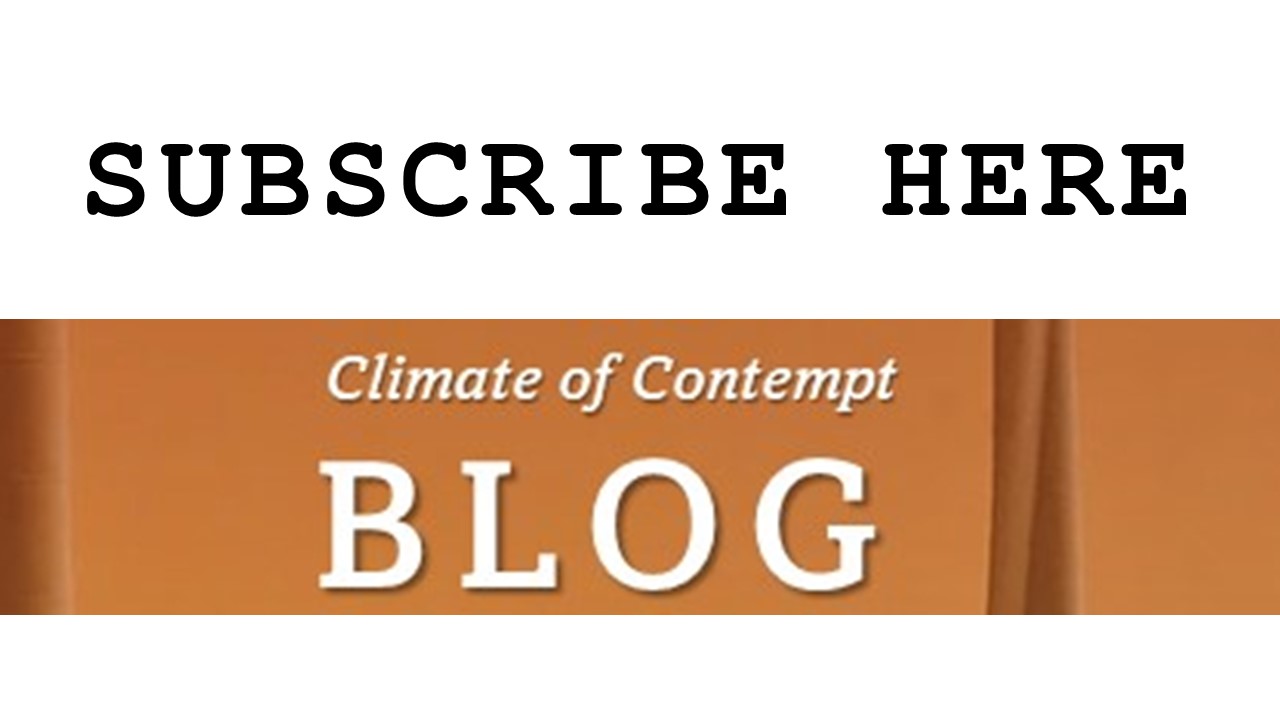Slogans, acronyms, and memes rise and fall quickly on social media. I recently saw that the term “FAFO” was trending on Twitter. Not knowing what it was I clicked on it. Though none of the posts using the acronym defined it, it became evident pretty quickly that it stands for “F$&k Around & Find Out.”
The FAFO posts fell into two categories. The first category were people who retweeted posts by Trump voters; those voters, in turn, were upset at family members who had informed them that their support for Trump had damaged their relationships — canceled Thanksgiving visits, “my kids can’t see their grandparents,” etc. The retweeters, angry about the election, celebrated these developments with the tag “FAFO.”
The second group of FAFO posts were Trump voters threatening GOP senators who support candidates for Senate Majority Leader other than the Trump-preferred Rick Scott of Florida. These posts featured aimed at threats that those who support alternative candidates. Some examples here, here and here.
Both sets of posts were charged with frustration and anger, emotions that are to be expected after an election. But political disagreement did not always feature this much anger and gleeful schadenfreude, or this many threats directed at those with whom we disagree. Today, social and ideological media amplify and channel voter disappointment into a particularly virulent kind of tribalism, one that celebrates the other’s frustration. It is the reason that Trump’s ridiculously dangerous and unqualified cabinet picks “thrill” his supporters.
It is also why we see more and more people treating political disagreements as apostasy. Research I summarize in my book suggests that this trend is amplified by two cognitive errors.
The first is our inability to imagine any justifiable reason why other people make different political choices. Within our respective social and ideological media bubbles, we become certain about too many things too quickly; we lose our sense of fallibilism, which is essential to critical thinking.
The second amplifier is fear of rule by the other side. As each political tribe becomes more fearful of the other, this back-and-forth creates its own powerful centrifugal forces. Bertrand Russell put it this way:
Collective fear stimulates herd instinct, and tends to produce ferocity towards those who are not regarded as members of the herd. . . . Fear generates impulses of cruelty, and therefore promotes such superstitious beliefs as seem to justify cruelty. Neither a man nor a crowd nor a nation can be trusted to act humanely or to think sanely under the influence of a great fear.
Since the late 20th century the parties’ respective visions of good governance have been diverging, feeding voters’ sense that winning elections is a moral imperative. So there is a logic behind the fear.
The losers of last week’s election fear the consequences for women’s bodily autonomy, Ukrainians fighting off an invasion, slowing the pace of global warming, the availability of vaccines, preserving our democratic norms, and much more.
The winners are afraid too. What do you imagine that Trump supporters are afraid of?
The modern media environment isolates us from the other side and their fears, keeping us focused on our fears. But building a climate majority requires winning elections, which requires engaging people across partisan boundaries.
Most voters did not prioritize the threats to democracy posed by Trump’s election, or prioritize them strongly enough to vote for Kamala Harris, much as some of us think they ought to have.
As I noted in another post, Democrat and new senator from New Jersey Andy Kim criticized his party’s inclinations toward hubristic moralizing and unwillingness to to listen to voters. While most Democrats sincerely seek a fairer American political economy, right-wing media exploits every elitist misstep to portray the party as out of touch with regular people.
And so now party activists from all the party’s ideological subsets, still full of righteous certainty, take to the online world to blame each other for defeat. My book suggests that engaging one another respectfully across these ideological and political boundaries might produce a fuller understanding of the political challenge.
But we have to start by recognizing that the propaganda machine is a powerful distorter of perception and generator of anger. It will take a lot of effort to recover our sense that many of the 70 million+ Trump voters are not democracy apostates worthy of bitter contempt.
This is particularly difficult when the Trump administration treats Democrats as political apostates worthy of punishment. For GOP voters who have consumed decades of “news” portraying immigrants, bureaucrats, urban liberals, and intellectuals as enemies of democracy, persecution of those groups — including extra-legal vigilantism such as Elon Musk’s doxxing of federal employees — can seem if not sensible, then tolerable. Right now the only things standing between us and a nasty kind of authoritarianism are a GOP Congress, and a historically conservative Supreme Court.
Fingers crossed? — David Spence



